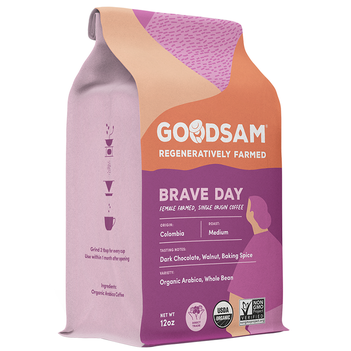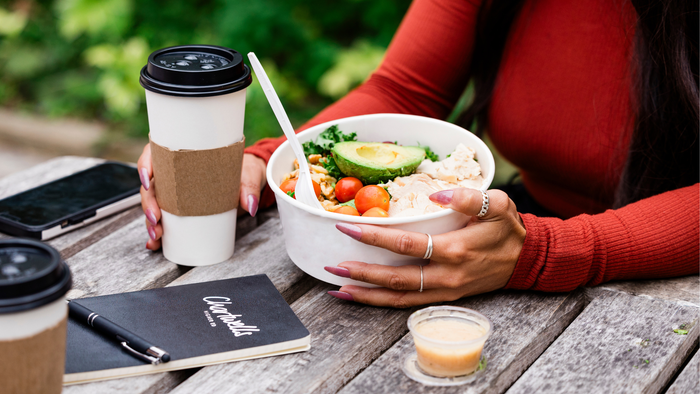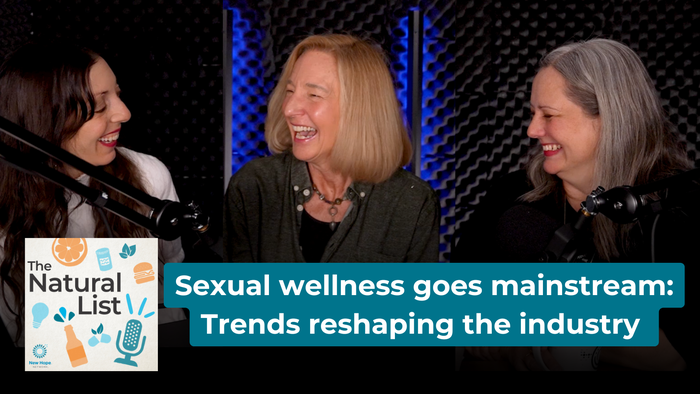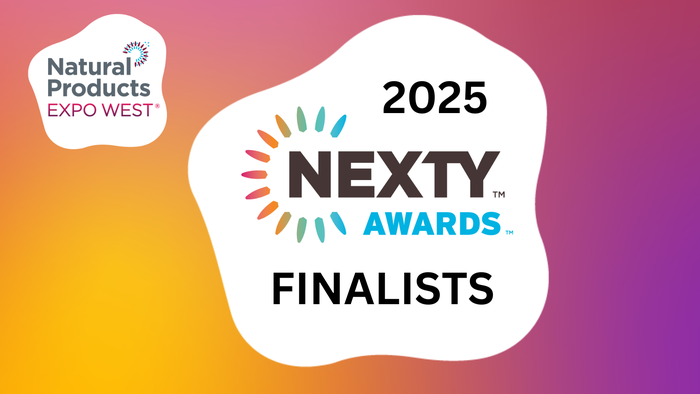
The Slow Food movement, born in the 1980s as an antidote to hyper-processed, unhealthy fast-food options, resisted the American-driven proliferation of McDonald’s and Burger King around the world.
Decades later, the Slow Money concept looked to local food advocates to raise capital to support growing regional and sustainable food ecosystems.
Step into 2023, and we see experienced industry advisors and emerging brands increasingly advocating for “slowing down” to inform strategic business decisions. In an environment where brands tend to rush toward fast growth, hasty decisions are often made at the cost of stable profits and social and environmental commitments.
But now entrepreneurial brands are learning to slow down. This includes choosing retailer relationships selectively, as scaling too fast in retail could derail social and environmental intentions—or even tank a brand. Sometimes it means saying no to national retailers and, in lieu of that, saying yes to creative contracts designed to scale incrementally. Working together, brands and retailers can support the expansion of mission-minded products.
At the same time, brands face fierce pressure to mitigate climate change, as reflected in the extreme weather events that we used to see only in movies. The urgency is undeniable, yet making hasty decisions could exacerbate issues. Brands are realizing the importance of making calculated, data-informed decisions on where and how to make improvements. Slowing down amidst chaos leads to better decisions for stable growth, profits and impact.
One natural product brand that exemplifies this trend is GoodSam Foods:
GoodSam Foods
GoodSam Foods works to empower smallholder farmers around the world and to preserve and protect lands with traditional farming practices in order to grow regenerative food systems. It is a delicate, time-consuming process to transition these fragile components—disadvantaged smallholder farmers, unprotected lands, traditional practices—into resilient networks.
Ensuring that there is enough supply to meet retailer contracts is critical for success, so GoodSam says no to shiny new accounts and wide distribution goals until it is ready. Doing so prevents the organization from having to hunt for supply on the commodities market, abandon its direct-trade relationships with producers or sacrifice capacity-building and eco-social impacts in developing world communities.

GoodSam Foods Brave Day Coffee
Coffee sourcing has experienced a renaissance during the past 20 years. In the old days, people just grabbed whatever was on the shelf. Now, fair trade principles ensure that farmers get paid living wages while sustainability measures, such as regenerative agriculture, help improve the environment. With GoodSam Foods Brave Day Coffee, consumers not only get Non-GMO Project Verified, Certified B Corporation, USDA Organic, Direct Trade and commitments to regenerative farming—they also support female farmers who were victims of armed conflict in Colombia.
About the Author
You May Also Like
.png?width=700&auto=webp&quality=80&disable=upscale)





